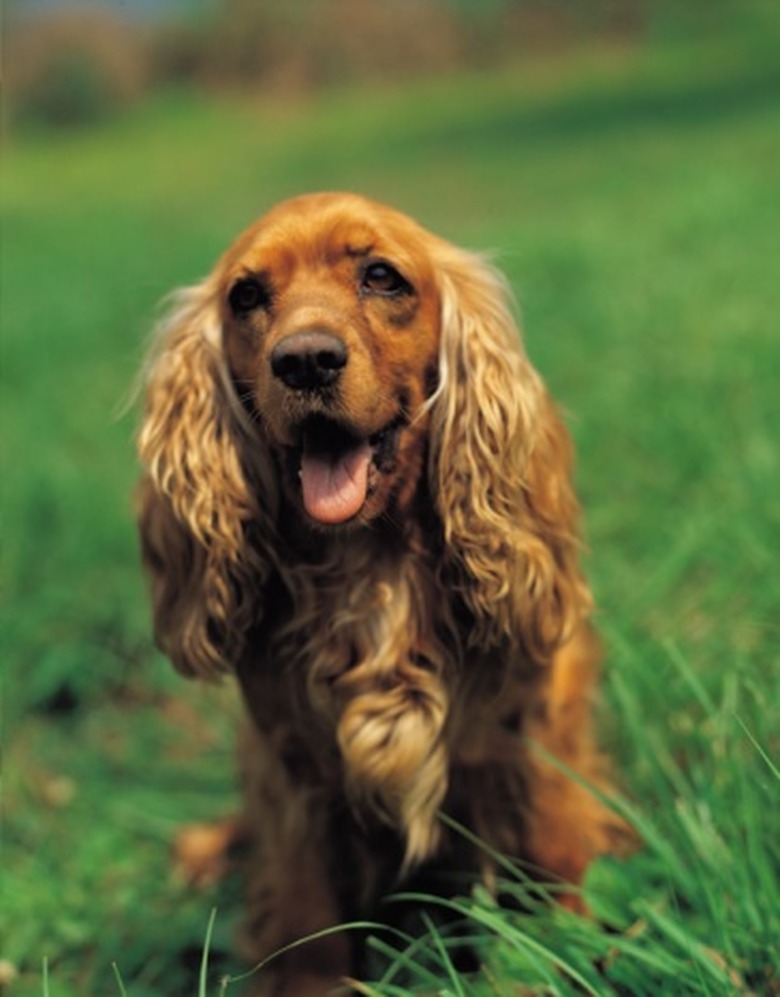How Clean Your House & Yard Of Hookworm
Hookworm are an intestinal worm that pets and humans contract by walking on infected soil. Hookworm larvae penetrate the feet or other parts of the body in contact with the soil and then move to the intestinal wall, where they mature into adults and lay eggs. The host expels the hookworm eggs in fecal matter, where they grow into larvae. Anti-parasitic drugs eliminate hookworm in humans and pets, but cleaning the yard and home and minimizing contact with fecal matter is necessary to prevent reinfection.
Symptoms of Infections
Symptoms of Infections
Humans often experience itchy or painful skin lesions where the hookworm larvae entered the skin and tunneled throughout the body. People also experience nausea, vomiting, loss of appetite, diarrhea, abdominal pain, anemia and fatigue. Pets who are infected with hookworms may experience weakness, diarrhea, loss of appetite or weight loss, although symptoms vary by the age of the animal and the severity of the infection. Cats, dogs, rodents and cattle can all be infected by hookworms.
Cleaning the Yard
Cleaning the Yard
Remove all pet feces from the yard on a daily basis, including old feces, to prevent hookworm reinfection. Training animals to use the same place in the yard makes cleanup easier. Sunlight kills hookworm larvae, so encourage animals to use a sunny location. Do not permit people to defecate outside and do not use human or pet waste as fertilizer. Salt brine, borax or diluted bleach will kill hookworm larvae on gravel or concrete, but these chemicals will kill grass and plants.
Cleaning the Home
Cleaning the Home
Unless animals or people have defecated in your home, it is not necessary to disinfect your home from hookworms. Hookworms aren't directly contagious because the eggs must mature into larvae before another person can contract the infection. If disinfection is necessary, use diluted bleach to clean surfaces. In addition, avoid crowding infected pets into small areas. This makes reinfection more likely.
Preventing Reinfection
Preventing Reinfection
Encourage children to wash their hands after playing in the soil and before eating, and don't let pets play or defecate in sandboxes, on beaches or other areas where children play. Always wear shoes while outside, avoid prolonged skin contact with soil and wear gloves while gardening or working with soil. If you are diagnosed with hookworms, take the full course of medication as prescribed by your doctor and see your doctor if your symptoms return.
